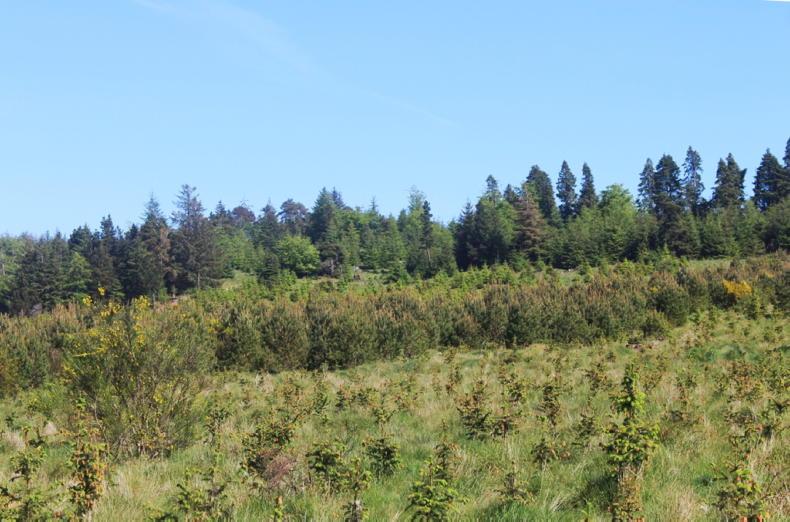Up until last month, ownership of the carbon sequestered in Irish forests was never in doubt, but when Minister for Agriculture Charlie McConalogue announced that the credit for carbon belonged to the State, there was widespread outrage.
As it turned out, the minister was referring to the obligation of the State to report all carbon stock in Irish forests to the EU and other agencies.
“I want to be clear that the State is not trading or seeking to trade the carbon sequestered in farmers’ forests,” he writes. The Forest Service in the minister’s Department has been tracking forest carbon stock since 2006 which now amounts to 311.7mt.
Close to half of all carbon stock is in private forests. Unlike other member states, Ireland is in a unique position to increase forest cover by 60% this century without negatively affecting agricultural production. An increase of this magnitude could – and should – be carried out by farmers. This highlights the potential to avail of the carbon farming initiative announced by the EU Farm to Fork strategy, which, among other things, will reward forestry that is compatible with agriculture.
The recent renewed interest in carbon ownership also highlights how little has been done in Ireland on issues such as carbon trading and offsetting. We are lagging well behind the UK, whose Woodland Carbon Code (WCC) is the quality assurance standard for forest woodland creation projects. The WCC generates independently verified carbon units to companies that wish to offset their carbon emissions.
Ireland urgently requires a similar initiative establishing a national carbon code to help agriculture and industry achieve carbon neutrality by 2050. Readers will welcome Minister McConalogue views on carbon removal and the introduction of a voluntary carbon trading sector that puts “farmers at the very centre of this strategy”.






 This is a subscriber-only article
This is a subscriber-only article










SHARING OPTIONS: